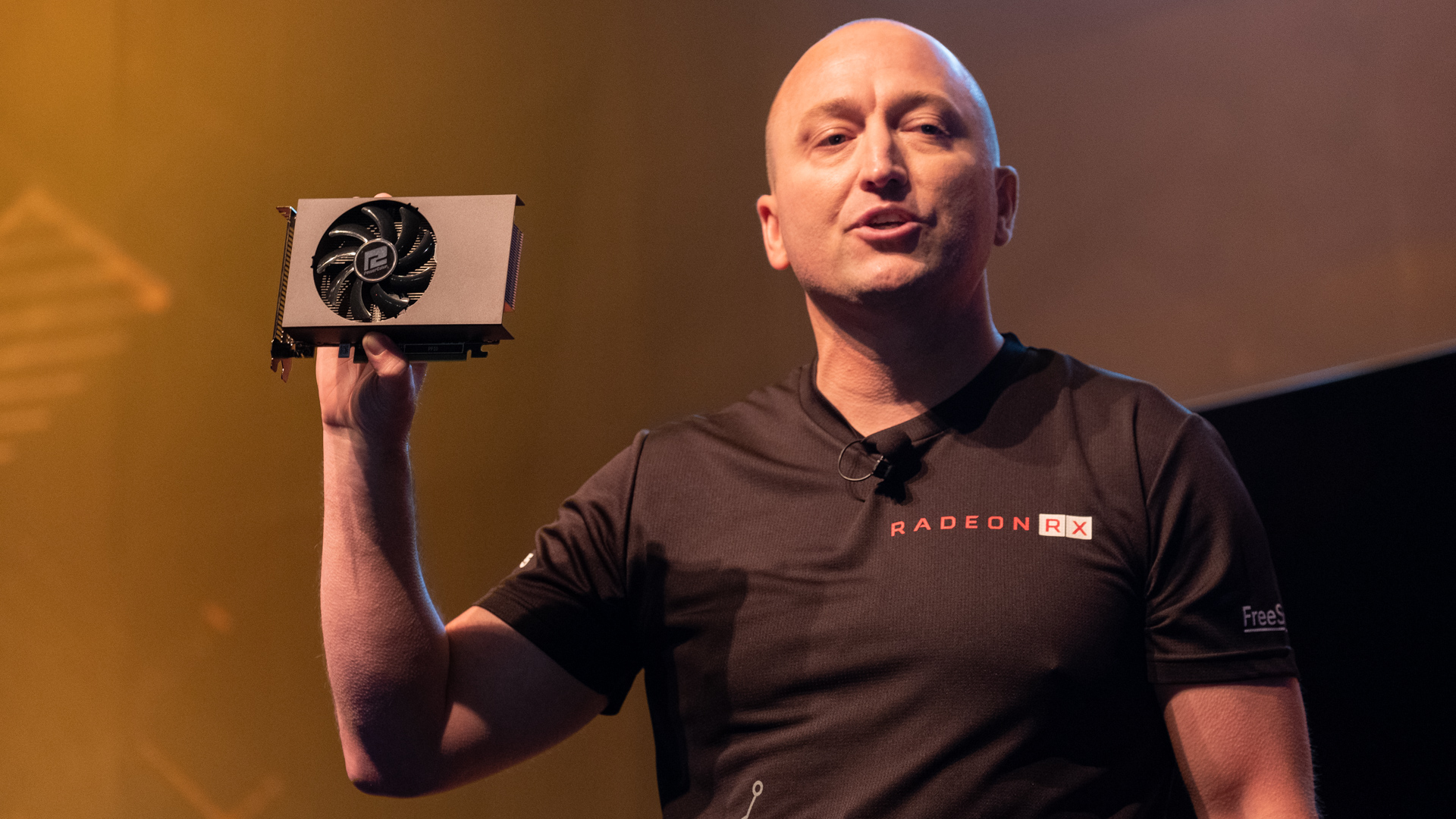AMD beats Nvidia in the battle for the most stable drivers
Strong and stable

In the battle between the graphics giants there appears to be one area where AMD can claim a definitive win over Nvidia: driver stability.
A few months ago AMD commissioned QA Consultants, an independent software assurance firm, to test the stability of its latest graphics card drivers in comparison to Nvidia's drivers.
The results, which are available to view online, give AMD a clear win, with its drivers passing 92% of the tests compared to Nvidia’s 82%.
Testing, testing
QA Consultants used CRASH from Microsoft’s Windows HLK to perform 12 days of 24-hour stress tests to evaluate the stability of the graphics drivers.
As the firm notes, “in our testing, both AMD gaming and workstation GPUs performed better than the comparable NVIDIA products. Based on our testing of the [...] 12 GPUs, we believe that AMD has the most stable graphics driver in the industry.”
The hardware on test was the Radeon Pro WX9100, Radeon Pro WX7100, Radeon Pro W3100 from AMD running the Radeon Pro Software Enterprise 18.Q2 drivers, and the Radeon Vega RX 64, Radeon RX 580 8GB and Radeon RX 560 running AMD’s Radeon Software Adrenalin 18.5.1 drivers.
On Nvidia’s side, the professional Quadro P5000, Quadro P4000 and Quadro P600 GPUs were tested running the Quadro Desktop 391.68 drivers, while the GeForce GTX 1080 Ti, GeForce GTX 1060 6GB and GeForce GTX 1050 consumer graphics cards were tested running the GeForce Game Ready Driver 397.64.
Sign up for breaking news, reviews, opinion, top tech deals, and more.
You can watch a video about the tests and results below.
Of course, with these tests being commissioned by AMD, you may be a bit suspicious of its findings. However, it’s great news that AMD’s drivers appear to be performing so well, as unreliable graphics drivers can be the bane of PC gamers’ lives.
- The best graphics cards 2018: all the top GPUs for gaming
Via Wccftech

Matt is TechRadar's Managing Editor for Core Tech, looking after computing and mobile technology. Having written for a number of publications such as PC Plus, PC Format, T3 and Linux Format, there's no aspect of technology that Matt isn't passionate about, especially computing and PC gaming. He’s personally reviewed and used most of the laptops in our best laptops guide - and since joining TechRadar in 2014, he's reviewed over 250 laptops and computing accessories personally.